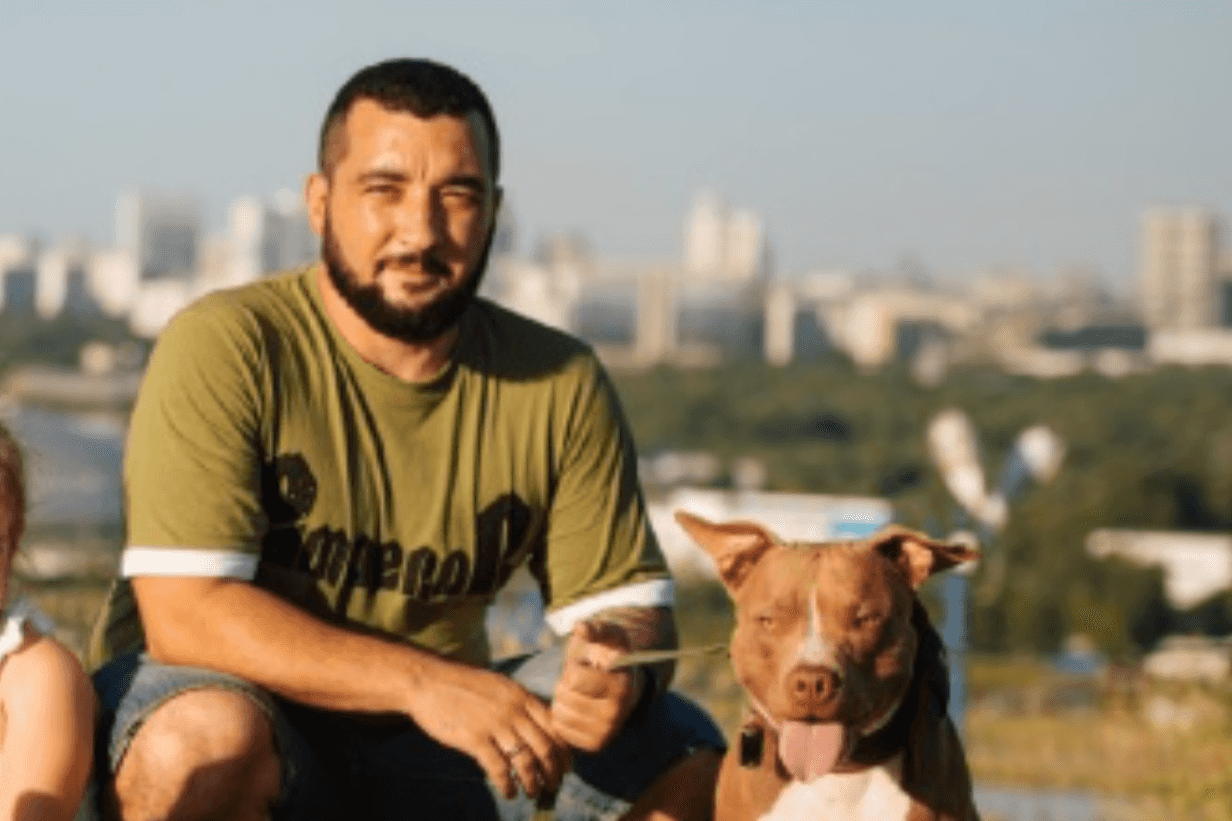Court vacates sentence against mother of seven from Karachay–Cherkessia in husband’s killing

An appeals court has overturned a sentence against a woman from Karachay–Cherkessia, Olga Valieva, a mother of seven who was found guilty of killing her husband. The appeals court found that Valieva had acted in self-defence.
The news was first announced by Telegram-channel Sapa Kavkaz on Thursday, who wrote that the Fifth Cassation Court in Pyatigorsk had vacated Valieva’s conviction. It is unclear when the court delivered its decision.
The Urupsky District Court in Karachay–Cherkessia had previously found Valieva guilty in August and sentenced her to four years in a general regime penal colony, postponing the sentence until her youngest child reached 14 years of age. The Supreme Court of Daghestan upheld this decision, but the defence filed a cassation appeal, which led to the case being reviewed.
According to case materials, the couple had been married for 16 years. The first years of their marriage were happy, but their last three years were marked by her husband regularly abusing alcohol, provoking arguments, and beating his family. Valieva had reported the abuse to the police on several occasions, but no actions were taken against her husband.
Valieva killed her husband in November 2024, after he, while under the influence of alcohol, attacked her once again, forcing her to flee the house wearing only a dressing gown and slippers during a snowstorm. With nowhere else to go, she spent the night in a cemetery, where she had previously sought refuge from his abuse. Valieva’s husband then ordered one of their children to find her and bring her home.
When they returned, he led Valieva outside and threatened to kill her. He struck her in the head and ribs, which were still sore from previous beatings, and then dragged her by the hair towards the garage. Fearing for her life, Valieva picked up a piece of brick from the ground and began hitting him. In her testimony, she stated that this was the first time she had ever fought back. After her husband collapsed and began gasping for air, she grabbed a screwdriver that was nearby and stabbed him several times in the neck.
She then went inside, told her children she had killed their father, and called the police. A subsequent forensic medical examination recorded that Valieva had a rib fracture, abrasions, and bruises.
The Urupsky District Court in Karachay–Cherkessia classified her actions as murder, though it noted it had not been premeditated and that her criminal intent had arisen during the incident. However, they emphasised that when her husband let go of her after she had struck him with a brick, she did not flee but instead decided to kill him.
Valieva was a social worker and was well regarded at her workplace, the school where her children studied, and by local police officers. She was also a recipient of the Order of Maternal Glory, a now-defunct Russian award for mothers with four or more children.
In Russia, murder committed with no additional circumstances of note carries a sentence of six to 15 years in prison, possibly with an additional restriction of liberty. Killing in excess of the limits of necessary self-defence carries a maximum sentence of two years in prison or alternative, lighter penalties. The Russian criminal code stipulates that causing harm to an attacker while defending one’s life and rights against a threat of dangerous violence is not a crime. However, in practice, courts often classify fatal outcomes in domestic conflicts as murder or grievous bodily harm resulting in death, leading to much harsher sentences.
A joint investigation by the Russian independent media outlets Mediazona and Novaya Gazeta, based on an analysis of more than 4,000 verdicts handed down to women between 2016 and 2018 under these articles, found that most convicted women were victims of domestic violence: in cases involving women defending themselves from aggressive partners or relatives, nearly 79% were convicted of murder and 52% were convicted of causing grievous bodily harm resulting in death. The outlets also noted that even when there were signs of self-defence, the classification often remained severe, with sentencing ranges of up to 15 years.











